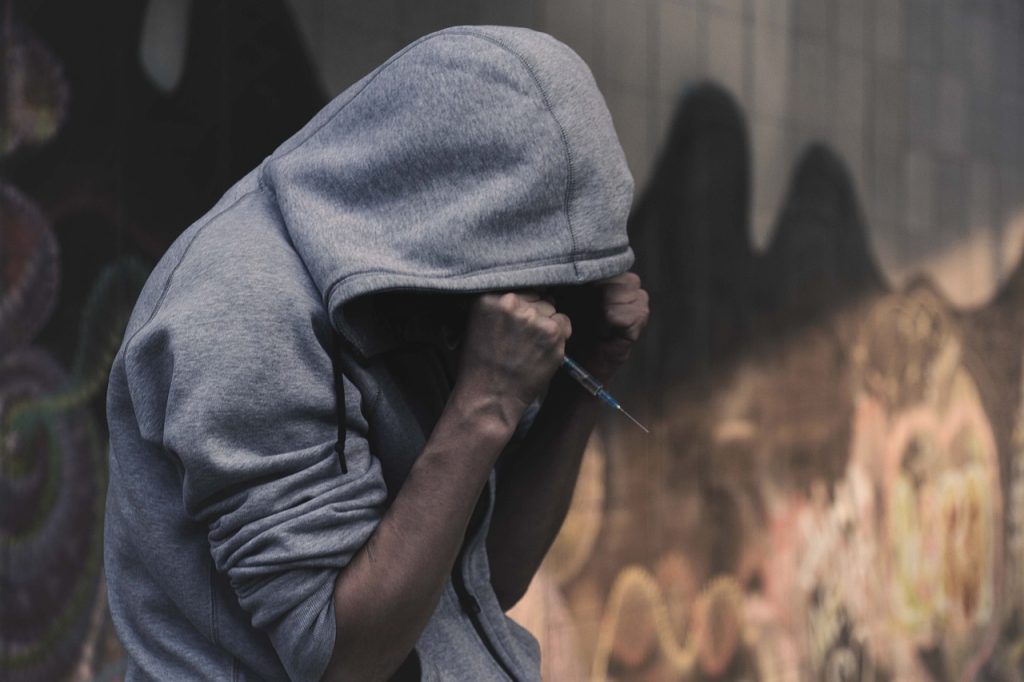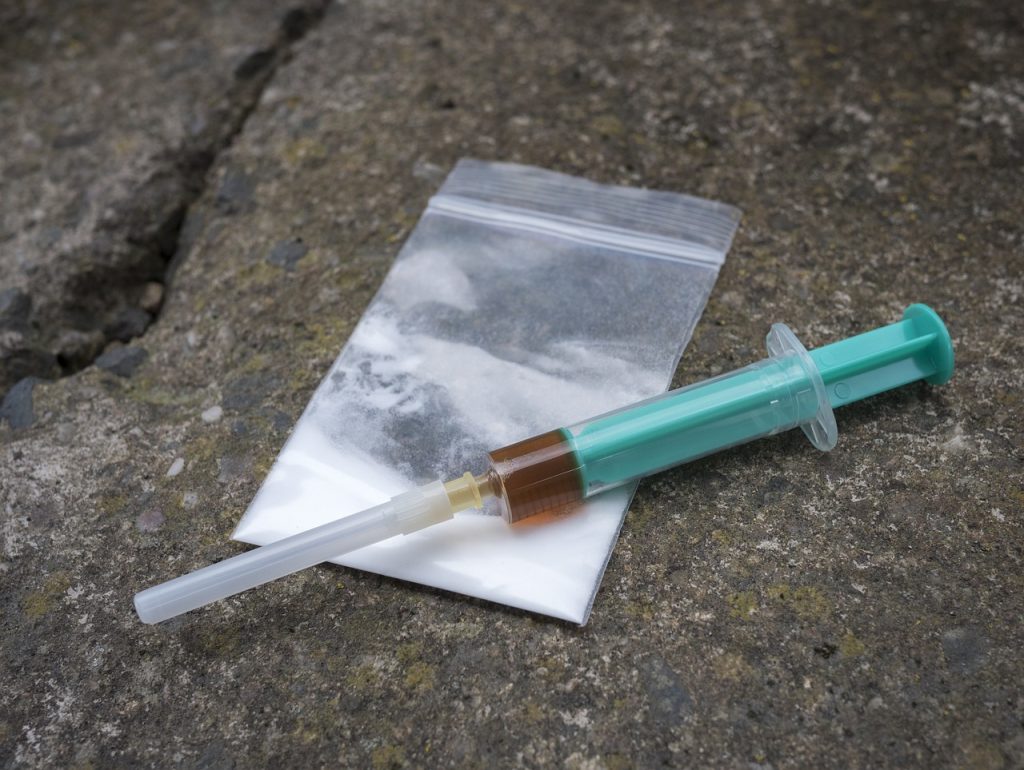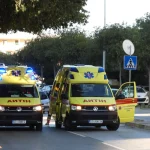July the 8th, 2023 – The levels of Croatian drug abuse are sadly on the increase, and the use of heroin and other Class A drugs is becoming a particular concern.
As Poslovni Dnevnik writes, Alexis Goossdeel, director of the European Monitoring Centre for Drugs and Drug Addiction (EMCDDA), told HRT’s show Otvoreno/Open that the drug abuse situation across Europe is serious and that things are altering quite quickly.
“The availability of drugs in the EU is higher now than it ever was before. In 2021, we seized 330 tonnes of cocaine, 816 tonnes of hash (hashish) and 214 tonnes of synthetic cannabis. At the same time, a large amount of drugs are continuing to be produced.
Lab discoveries
We discovered a large number of laboratories where these synthetic drugs are actively being produced. Every week we would discover a new psychoactive substance. We can say that the situation in the EU has become very serious. The consequences are such that today we’re saying that the border between hard and lighter drugs is fading, things are becoming blurry when it comes to permitted and illegal substances, so we’re currently in a complex situation,” he explained, adding that we’re talking about a serious heroin epidemic and concerning levels of heroin addiction, as well as similar issues with new substances.
The legalisation of cannabis

Dražen Rastović, head of the Drug Crime Service at the Police Directorate, emphasized that cannabis has been decriminalised in Croatia and is commonly used for medical reasons.
“Cannabis is prescribed in Croatia for medical purposes, but the next step that is being extremely pushed for is total legalisation. There’s been talk of an extremely large and good impact on the absorption of carbon dioxide, and on the possibility of using the plant for the production of tens of thousands of different products.
Nine years ago, Croatia was faced on five occasions with parliamentary proposal for the legalisation of cannabis, but both the left and right saw that it was an extremely harmful proposal that would create large costs in the healthcare sector, in social policy, and would harm young people the most,” he said.
He believes that some countries that have implemented cannabis legalisation have a simple explanation as to why their voters are asking for it.
“People come to us torn apart mentally and we aren’t talking about heroin addicts. Today we have a problem with young people who are only 23 years old, they’ve become wasted people,” he said of Croatian drug abuse. Alexis Goossdeel pointed out that today drugs circulate like any other commodity does. “Supply changes according to demand. Drug routes are changing. It’s now all moving towards the north of Europe,” he said.
Europe is a massive drug producer
Željko Petković said that Europe is the biggest drug market. “Europe is a massive producer of drugs. The whole story leads to an enormous offer on the market. As soon as you have an enormous offer, of course the police also increase their activities. Globalisation has made it much easier to engage in such things,” he added, pointing out that it is important to have strategic frameworks in place because of this situation.
“Back in February, a new national strategy was adopted so that we can know what we want, what vision of the country we want in terms of Croatian drug abuse, and what we need to do in this regard. This involves strengthening preventive activities to providing adequate treatment for addicts. This needs to be done for all those people who have problems with other drugs, not only heroin, and it involves their rehabilitation and resocialisation. Simply, by working together, we need to do something to change this situation and to reverse these current, worrying trends,” he said.
Goossdeel: We need to change

Alexis Goossdeel pointed out that the key word for him in this sense is preparation.
“The data shows that Croatia is facing the same problem as all other countries are when it comes to drug use. Maybe the problem with Croatian drug abuse hasn’t reached that huge scale yet, but the potential threat is all around us. That’s why it’s important to take action now. The new strategy adopted by the Republic of Croatia is extremely important for this view of the future. We absolutely do have to change.
What we’ve been doing for the last twenty years in this regard simply hasn’t been enough. We have to turn to prevention, to police actions and we have to learn to respond to emerging threats as they occur,” he concluded.











